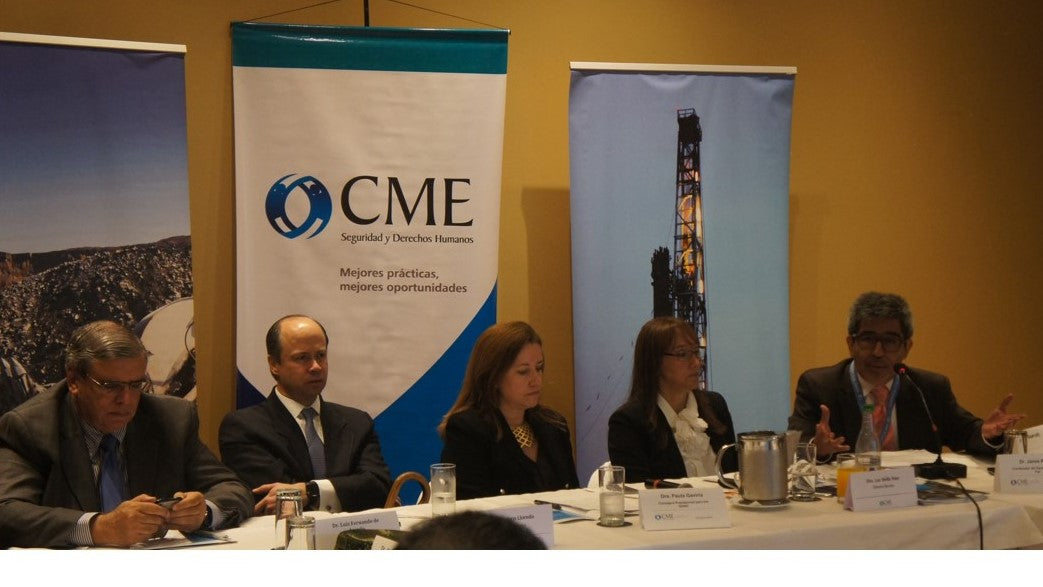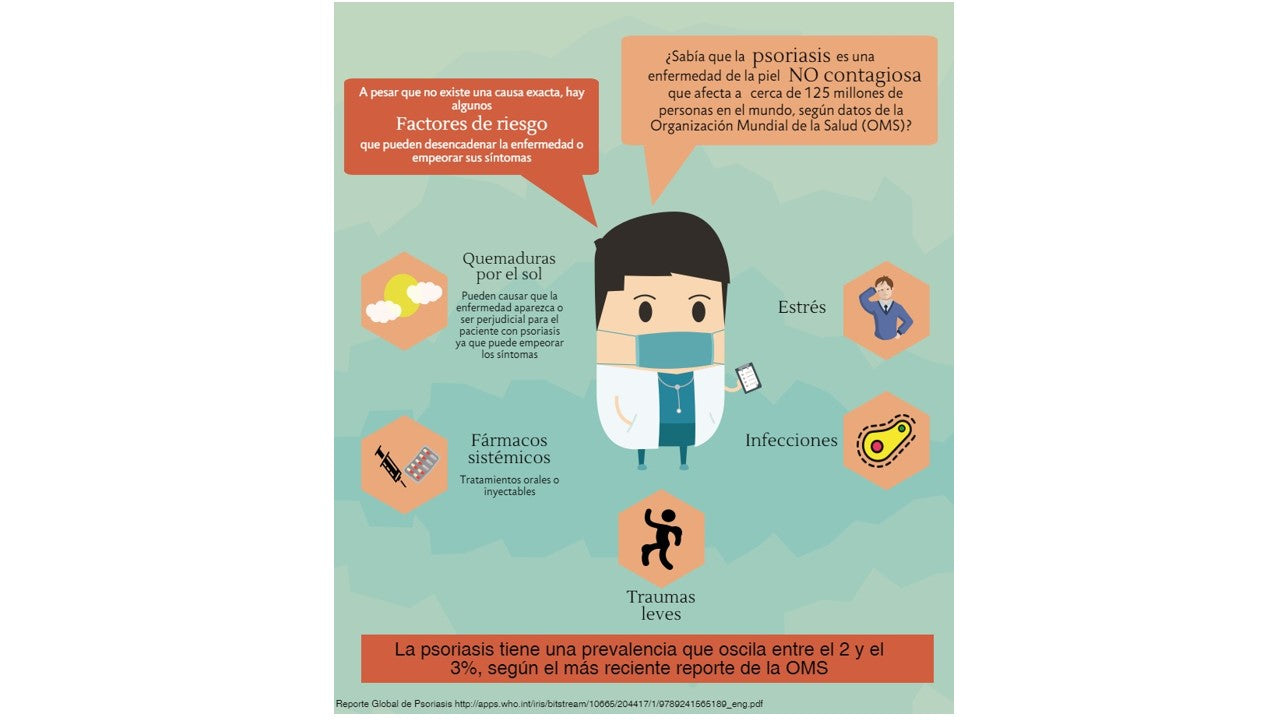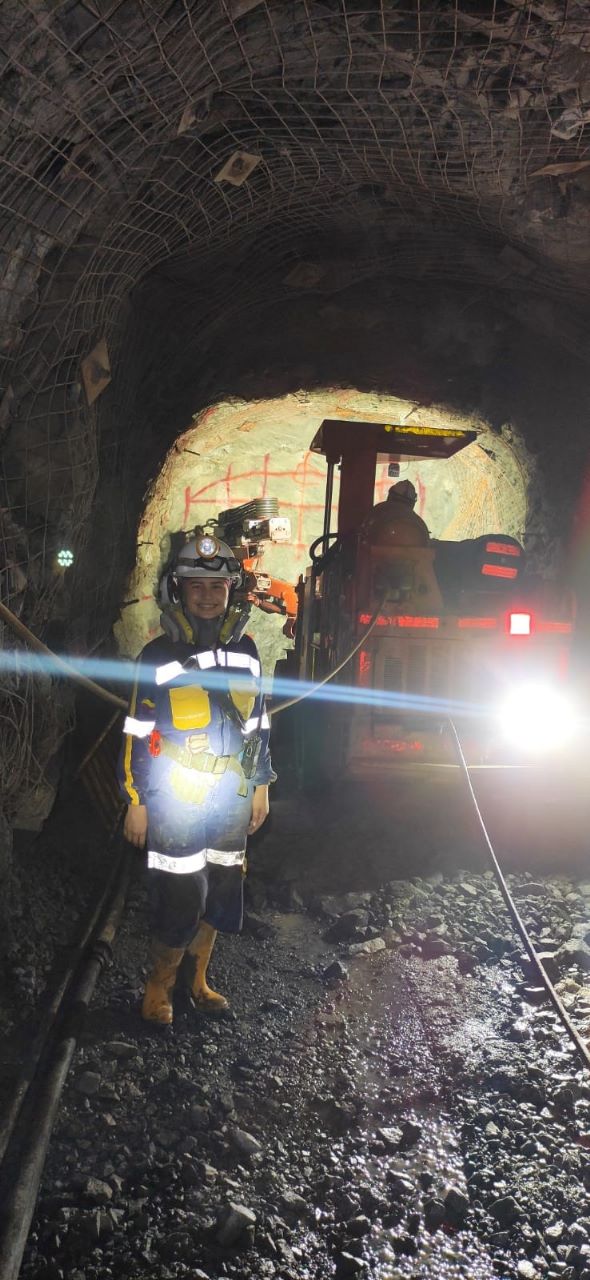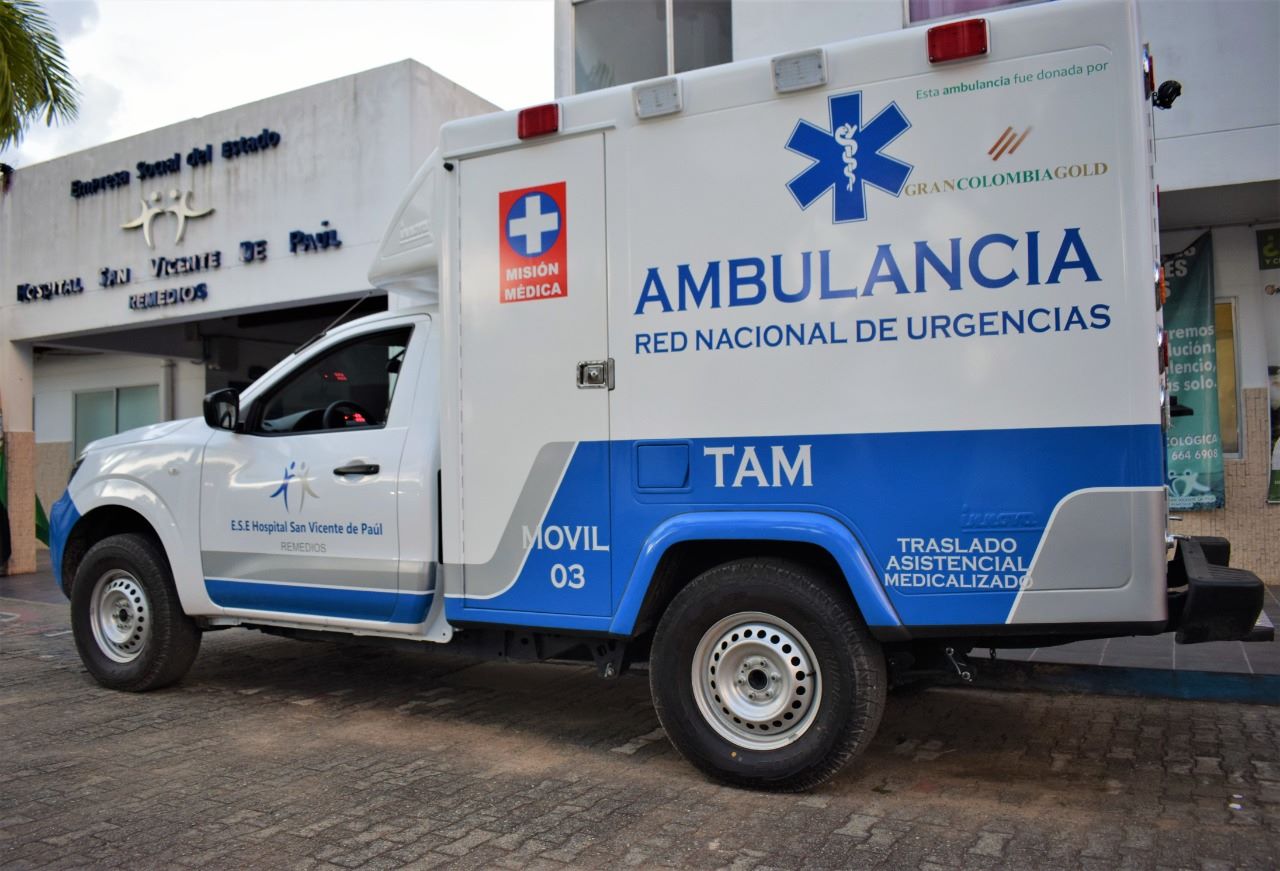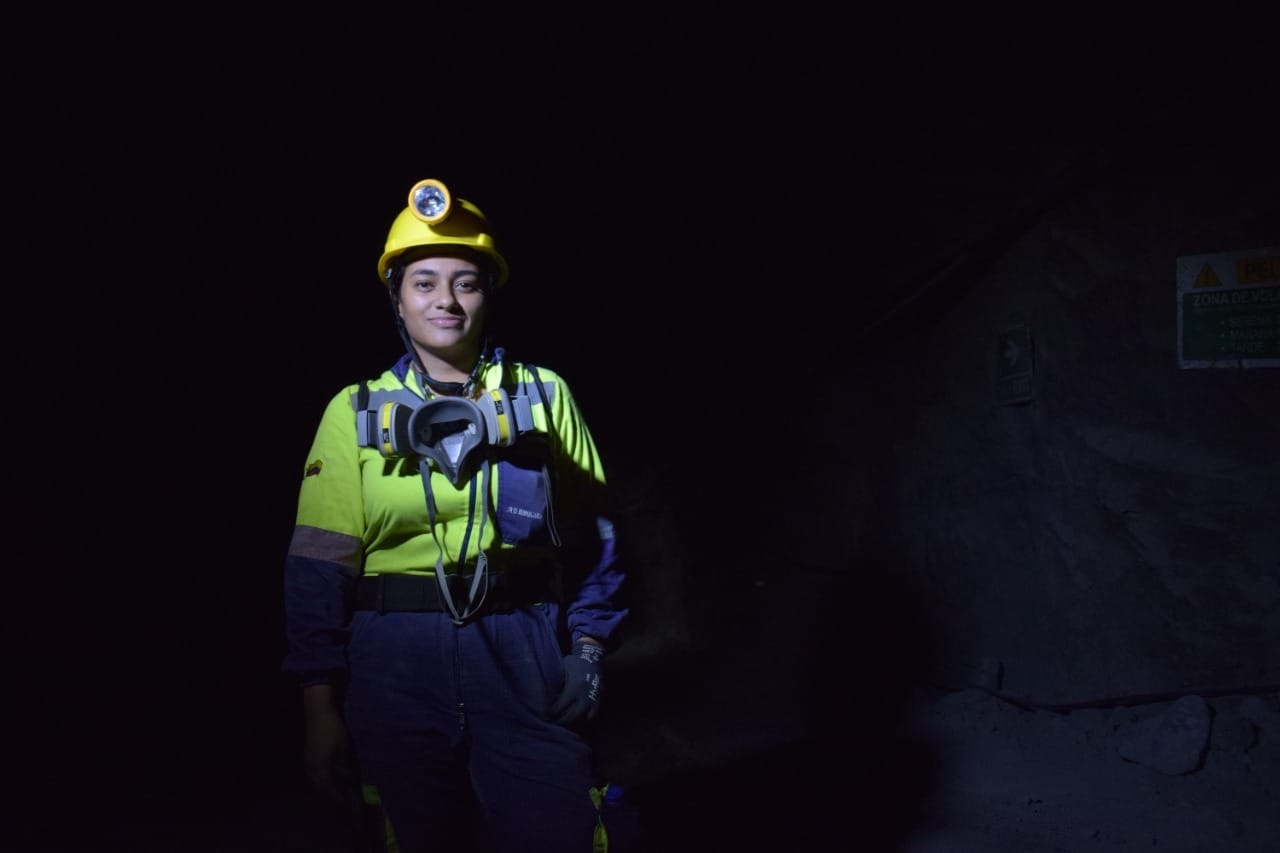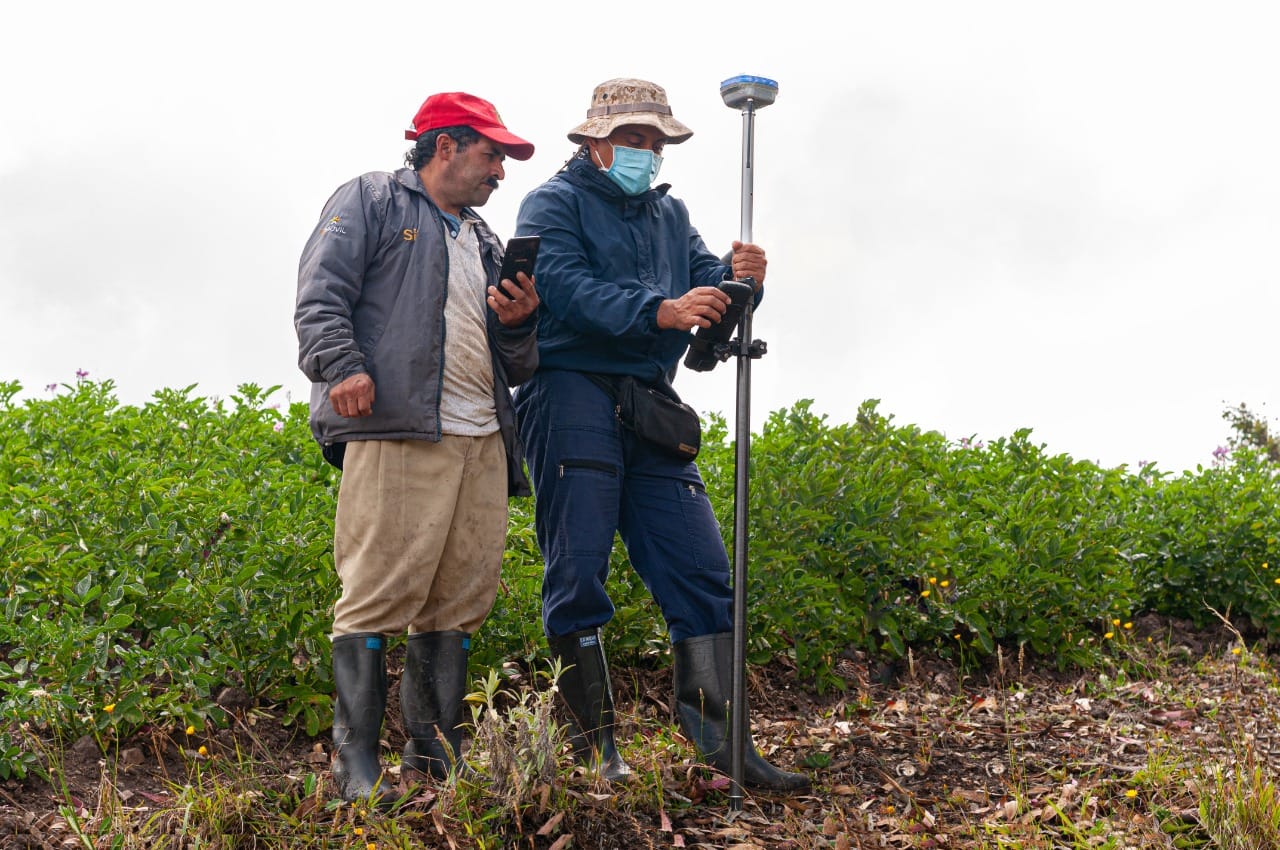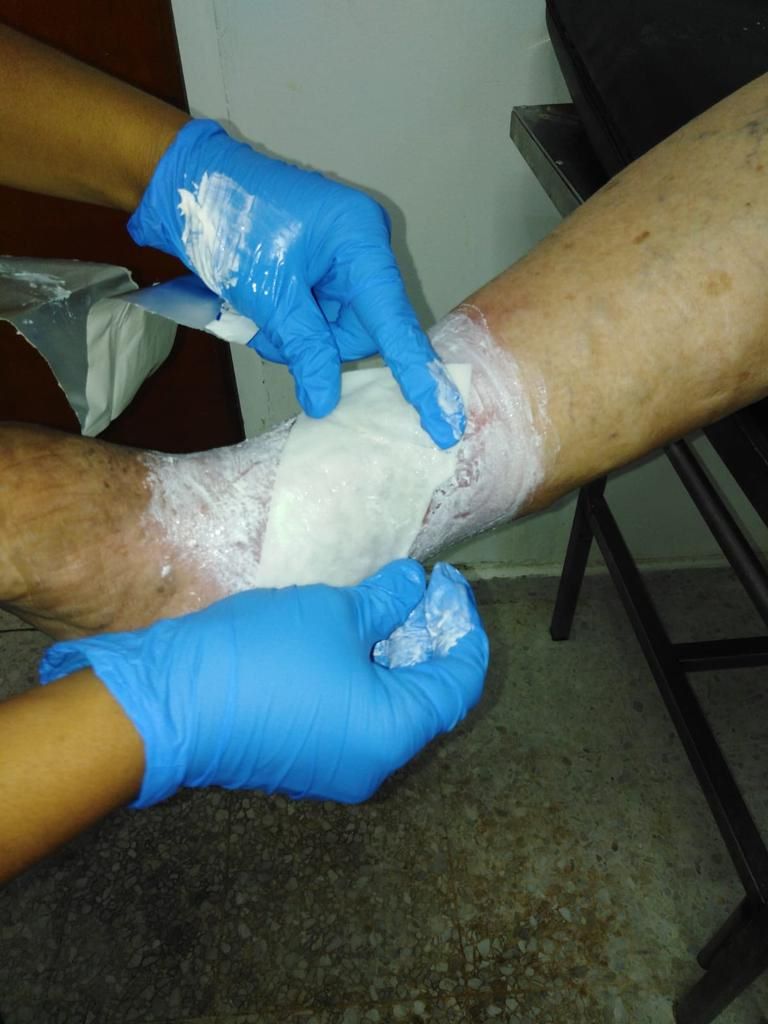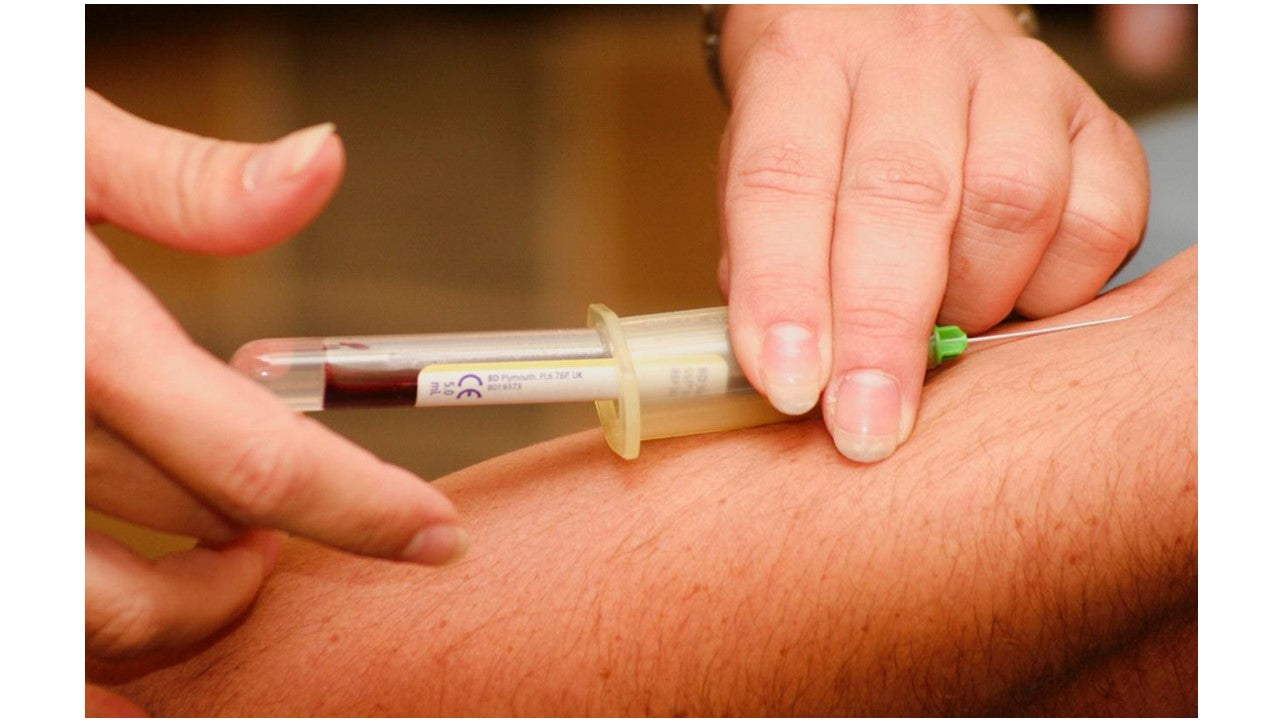
- 29 Apr 2023
What if my prostate cancer metastasized?
- In 5 years it is estimated that there will be close to 30,000 new cases in the country
- The Pacific and Andean regions of the country have the highest mortality rates from this cancer.
- It rarely occurs in men under 40, but the chance of having prostate cancer increases rapidly after age 50.
- It is more common in black and Caribbean men of African descent than in men of other races. The reasons for these racial and ethnic differences are unclear.
- If a man's father or brother has prostate cancer, the man's risk of developing the disease doubles.
- Some studies have suggested that prostatitis (inflammation of the prostate gland) may be associated with an increased risk of prostate cancer.
- Researchers have studied whether sexually transmitted infections (such as gonorrhea or chlamydia) could increase the risk of prostate cancer, because they could cause inflammation of the prostate.
Bogotá, November 2015. On International Men's Day, which is celebrated this November 19, one of the most recurrent diseases in the male gender stands out: prostate cancer. According to the League Against Cancer, it is believed that almost 15,000 people are affected by this disease in Colombia, as it is the most common in men. [1] More than 9,564 new cases develop annually and almost 2,934 Colombians die from this cause. [2]
According to the study “Evolution of mortality from prostate cancer in Colombia” the highest mortality rates are found in the Pacific and Andean regions. [3] Likewise, the study states that approximately 15% of male tumors are of prostate origin in developed countries, and 4% in developing nations.

In Colombia about 15,000 men suffer from this disease
This disease is the second cause of death from cancer in men; [4] it is even estimated that in 5 years there will be a total of 28,076 new cases in Colombia, since the mortality rate of prostate cancer is increasing in the country and has tripled in the last 30 years. [5]
Prostate cancer rarely occurs in men under 40 years of age, however the probability of having prostate cancer increases rapidly after age 50. About 6 in 10 cases of prostate cancer are detected in men over 65 years of age. [6]
When prostate cancer metastasizes and is resistant to medical or surgical treatments that lower testosterone, this occurs when the cancer has spread beyond the prostate and the disease progresses. [7] This may occur because testosterone continues to be produced, thus fueling cancer growth; the production of androgen receptors increases; or the receptors change (e.g., by mutation) in such a way that they continue to be stimulated. [8]
Batteries with symptoms! [9]
Difficulty passing urine or a frequent urge to urinate, especially at night; weak or interrupted urine stream; pain, burning, or blood when urinating; painful ejaculation or blood in semen; and bothersome pain in the back, hips or pelvis.
Tips to detect prostate cancer [10]
What if you already have metastatic prostate cancer?

There are currently new treatment options that have demonstrated statistically significant reductions in the levels of prostate antigen (protein produced by cells of the prostate gland) in patients at high risk of developing metastatic disease. These therapies reduce the progression of prostate cancer and reduce the risk of death, and they also have fewer side effects, allowing the patient to improve their quality of life.
[1] International Agency for Research on Cancer. GLOBOCAN. Prostate Cancer Incidence, Mortality and Prevalence Worldwide in 2012. Available at: http://globocan.iarc.fr/Pages/fact_sheets_cancer.aspx .
2 http://www.ligacontraelcancer.com.co/cancer-de-prostata/magnitude-del-problema/
3 http://apps.elsevier.es/watermark/ctl_servlet?_f=10&pident_articulo=90328417&pident_usuario=0&pcontactid=&pident_revista=398&ty=61&accion=L&origen=zonadelectura&web=www.elsevier.es&lan=es&fichero=398v23n01a90328417pdf001 .pdf
4 International Agency for Research on Cancer. GLOBOCAN. Prostate Cancer Incidence, Mortality and Prevalence Worldwide in 2012. Available at: http://globocan.iarc.fr/Pages/fact_sheets_cancer.aspx .
5 http://www.ligacontraelcancer.com.co/cancer-de-prostata/magnitude-del-problema/
6 American Cancer Society. Prostate cancer 06/02/15 http://www.cancer.org/espanol/cancer/cancerdeprostata/guiadetallada/cancer-de-prostata-causes-risk-factors
7 Saad F, Hotte SJ. Current management of castrate-resistant prostate cancer. Curr Oncol. 2010;17(suppl 2):S72-S79.
8 Chen Y, Clegg NJ, Scher HI. Anti-androgens and androgen-depleting therapies in prostate cancer: new agents for an established target. Lancet Oncol. 2009;10:981-991
7 National Cancer Institute. Understanding prostate changes: a health guide for men. http://www.cancer.gov/cancertopics/screening/understanding-prostate-changes . Published September 2009, reprinted August 2011.
[1] International Agency for Research on Cancer. GLOBOCAN. Prostate Cancer Incidence, Mortality and Prevalence Worldwide in 2012. Available at: http://globocan.iarc.fr/Pages/fact_sheets_cancer.aspx.
[2] http://www.ligacontraelcancer.com.co/cancer-de-prostata/magnitude-del-problema/
[3] http://apps.elsevier.es/watermark/ctl_servlet?_f=10&pident_articulo=90328417&pident_usuario=0&pcontactid=&pident_revista=398&ty=61&accion=L&origen=zonadelectura&web=www.elsevier.es&lan=es&fichero=398v23n01a90328417pdf00 1.pdf
[4] International Agency for Research on Cancer. GLOBOCAN. Prostate Cancer Incidence, Mortality and Prevalence Worldwide in 2012. Available at: http://globocan.iarc.fr/Pages/fact_sheets_cancer.aspx.
[5] http://www.ligacontraelcancer.com.co/cancer-de-prostata/magnitude-del-problema/
[6] American Cancer Society. Prostate cancer 06/02/15 http://www.cancer.org/espanol/cancer/cancerdeprostata/guiadetallada/cancer-de-prostata-causes-risk-factors
[7] Saad F, Hotte SJ. Current management of castrate-resistant prostate cancer. Curr Oncol. 2010;17(suppl 2):S72-S79.
[8] Chen Y, Clegg NJ, Scher HI. Anti-androgens and androgen-depleting therapies in prostate cancer: new agents for an established target. Lancet Oncol. 2009;10:981-991
[9] National Cancer Institute. Understanding prostate changes: a health guide for men. http://www.cancer.gov/cancertopics/screening/understanding-prostate-changes. Published September 2009, reprinted August 2011.
[10] http://www.cancer.org/espanol/cancer/cancerdeprostata/guiadetallada/cancer-de-prostata-causes-risk-factors/












